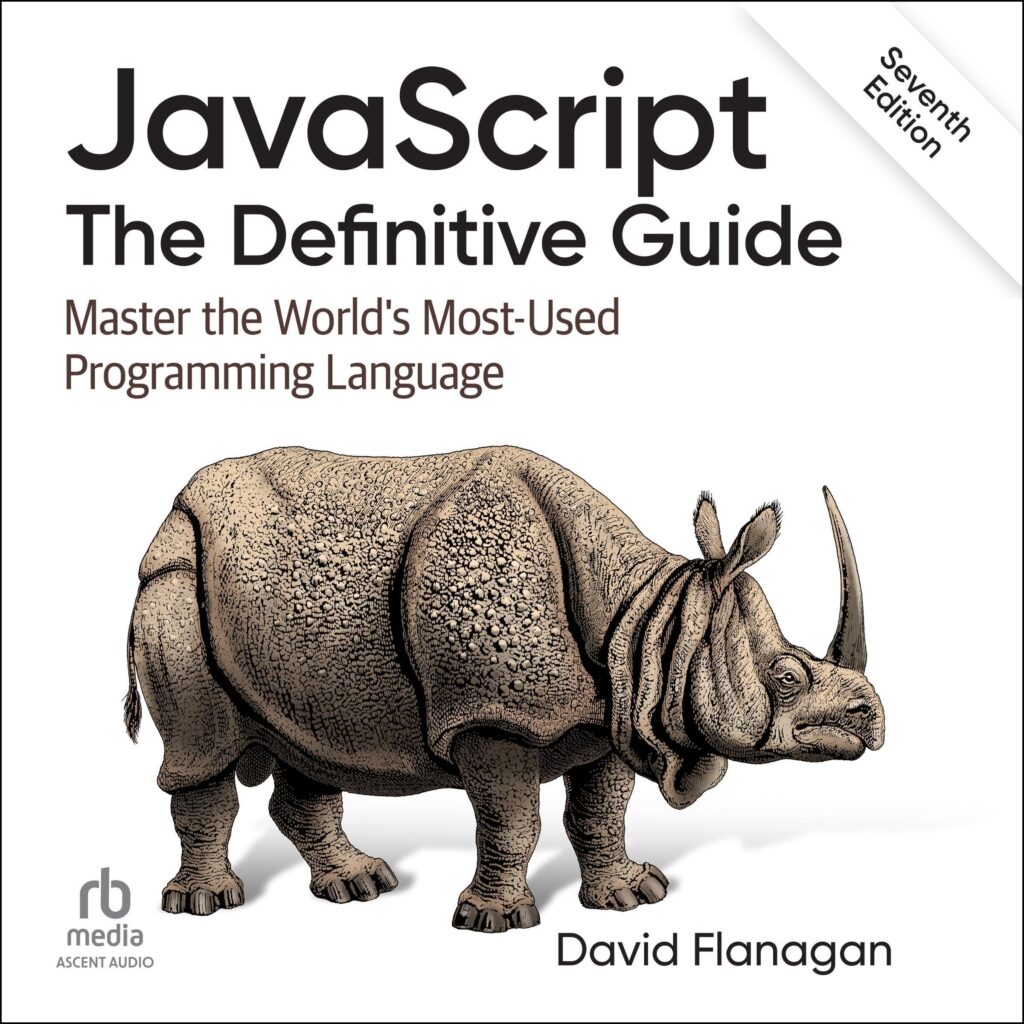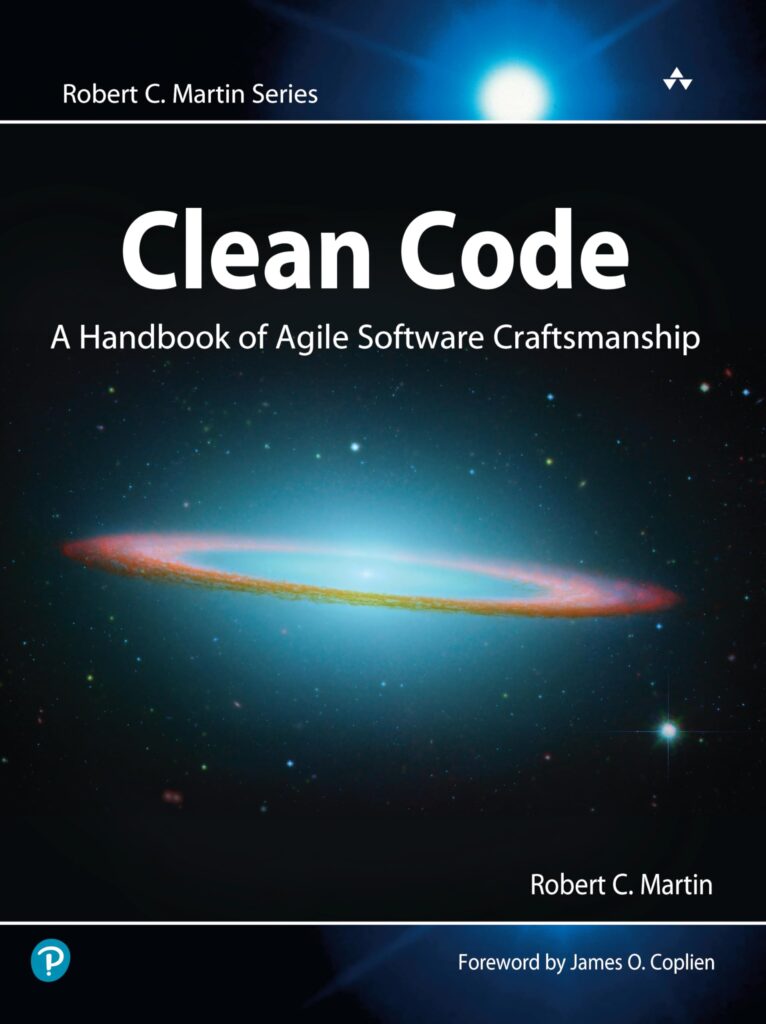
In the sphere of Python programming on the Windows platform, understanding the idea of Dynamic Link Library (DLL) handles is of paramount importance. A DLL is essentially a collection of small programs, any of which can be called upon when needed by a larger application. The term “handle” refers to a unique identifier that the operating system uses to manage these libraries in memory.
When Python is executed on a Windows system, it has the capability to interact with these DLLs, enabling the use of functions written in other languages such as C or C++. This interaction is primarily facilitated through the ctypes and ctypes.windll modules, which allow for the loading and calling of functions contained within a DLL.
The sys.dllhandle variable is a specific handle associated with the Python interpreter itself. This handle points to the DLL that implements the Python runtime. Understanding this handle is important, especially when dealing with native extensions or interfacing with low-level system libraries.
Let’s consider how to obtain the handle for the Python DLL. The following code snippet illustrates this:
import sys python_dll_handle = sys.dllhandle print(python_dll_handle)
This simple code invokes the sys.dllhandle attribute, which returns the handle to the Python DLL loaded into the application’s memory space. By obtaining this handle, a programmer can perform various operations such as checking the state of the DLL or interfacing with other system functions that require the DLL’s identity.
It’s also noteworthy that improper usage of DLL handles can lead to memory leaks or application crashes, as the operating system expects proper management of these resources. Thus, an adequate understanding of how to acquire and utilize a DLL handle is essential for any Python developer aspiring to work closely with Windows systems.
Now loading...
Accessing and Managing sys.dllhandle
Accessing the sys.dllhandle is simpler, but managing it responsibly requires a deeper understanding of its implications within the Python environment. Once you have acquired the handle, you may wish to leverage it in various ways, notably when calling functions from other libraries. The ctypes module is often employed in such scenarios, allowing seamless interaction between Python and the underlying DLL.
To illustrate the practical usage of sys.dllhandle, ponder the following example where we will load a simple DLL and call a function from it. For the purpose of this demonstration, let’s assume we have a DLL named sample.dll that contains a function add which adds two integers together.
import ctypes
import sys
# Load the sample DLL
sample_dll = ctypes.WinDLL('sample.dll')
# Access the function from the DLL
add_function = sample_dll.add
# Define the argument types and return type for the function
add_function.argtypes = [ctypes.c_int, ctypes.c_int]
add_function.restype = ctypes.c_int
# Call the function and print the result
a = 5
b = 10
result = add_function(a, b)
print(f'Result of adding {a} and {b} using DLL: {result}')
In this snippet, we load the sample.dll using the WinDLL function from the ctypes module. We then define the argument types and return type for the add function, ensuring that the data types passed between Python and the DLL are appropriately matched. Finally, we invoke the function and print the result.
Moreover, it’s essential to manage the lifecycle of the DLL appropriately. If the DLL allocates resources, such as memory or file handles, it’s crucial to provide mechanisms to release these resources when they are no longer needed. This practice prevents memory leaks and ensures that system resources remain available for other applications. In some cases, you may also encounter a need to unload a DLL explicitly; however, that’s generally managed by the operating system upon termination of the application.
When working with sys.dllhandle, one should also be aware of the thread safety of the DLLs being used. If multiple threads are accessing the same function, it is prudent to implement locking mechanisms to avoid race conditions. Additionally, error handling becomes paramount; proper checks should be in place to ensure that the function calls return expected results, and handle any exceptions gracefully.
In summary, while accessing sys.dllhandle provides a gateway to powerful capabilities within Python, it’s the responsibility of the programmer to manage these resources judiciously, ensuring stability and efficiency in their applications.
Common Use Cases for DLL Handling
Common use cases for managing DLL handles in Python are diverse and extend across various domains of application development. The ability to interface with pre-existing libraries opens a plethora of opportunities, particularly when integrating legacy code or optimizing performance-sensitive tasks. In this regard, we can categorize common scenarios into several key areas.
1. Mathematical Operations and Scientific Computing
One frequent application of DLL handling is in mathematical computations, where developers may wish to leverage optimized routines provided by libraries such as LAPACK or BLAS. These libraries are typically implemented in C or Fortran and can significantly enhance performance for numerical operations. For instance, loading a DLL that contains optimized matrix multiplication routines can provide a substantial performance boost over pure Python implementations.
import ctypes
# Load the optimized math DLL
math_dll = ctypes.WinDLL('mathlib.dll')
# Access the matrix multiplication function
matrix_mult = math_dll.matrix_multiply
# Define the argument types and return type
matrix_mult.argtypes = [ctypes.POINTER(ctypes.c_double), ctypes.POINTER(ctypes.c_double), ctypes.c_int]
matrix_mult.restype = ctypes.POINTER(ctypes.c_double)
# Prepare matrices and call the function
matrix_a = (ctypes.c_double * 4)(1, 2, 3, 4) # 2x2 Matrix
matrix_b = (ctypes.c_double * 4)(5, 6, 7, 8) # Another 2x2 Matrix
result = matrix_mult(matrix_a, matrix_b, 2) # Assuming the function returns a pointer to the result matrix
2. Accessing System Resources
Another prevalent use case involves accessing system-level resources, such as hardware interfaces or Windows APIs. For instance, a programmer may need to call functions from the Windows User32 or Kernel32 libraries to manipulate windows, handle events, or manage memory. By using the sys.dllhandle, developers can ensure their applications interact correctly with the underlying operating system.
import ctypes
import sys
# Load the User32 DLL
user32 = ctypes.WinDLL('user32.dll')
# Function to get the dimensions of the primary monitor
user32.GetSystemMetrics.restype = ctypes.c_int
screen_width = user32.GetSystemMetrics(0)
screen_height = user32.GetSystemMetrics(1)
print(f'Screen Dimensions: {screen_width}x{screen_height}')
3. Enhancing Application Performance
Performance-critical applications often require the use of compiled libraries to execute time-sensitive operations. By calling functions from a DLL, developers can offload intensive computations that would otherwise slow down the Python interpreter. This is particularly useful in fields such as game development, simulations, and data processing.
import ctypes
import sys
# Load the performance-optimized library
perf_dll = ctypes.WinDLL('perfopt.dll')
# Access the performance function
optimize = perf_dll.optimize_performance
# Define the argument types and return type
optimize.argtypes = [ctypes.c_int]
optimize.restype = ctypes.c_double
# Call the performance optimization function
performance_score = optimize(1000)
print(f'Performance score: {performance_score}')
4. Extending Python with C/C++ Libraries
In many scenarios, developers may wish to extend Python’s capabilities by integrating C or C++ libraries. That’s particularly effective for applications requiring custom algorithms that are not readily available in Python’s ecosystem. By compiling a C/C++ library into a DLL, a developer can expose functions to Python, allowing for a hybrid approach that combines Python’s ease-of-use with C/C++’s performance.
import ctypes
import sys
# Load the custom C library
custom_dll = ctypes.WinDLL('customlib.dll')
# Access the custom function
calculate = custom_dll.calculate_value
# Define argument and return types
calculate.argtypes = [ctypes.c_double]
calculate.restype = ctypes.c_double
# Call the custom function
result_value = calculate(3.14)
print(f'Calculated value: {result_value}')
In each of these use cases, the key lies in the proper management of the DLL handles and ensuring that the data types align correctly. This not only promotes efficiency but also mitigates risks associated with memory allocation and resource management. As one navigates through the landscape of DLL handling in Python, these common scenarios provide a solid foundation upon which to build robust applications.
Best Practices and Troubleshooting Tips
When engaging in the intricate dance of DLL management within Python, adherence to best practices and awareness of potential pitfalls become indispensable. The following guidelines serve as a beacon for developers navigating this complex terrain.
1. Resource Management
One of the foremost principles is the diligent management of resources. Whenever a DLL allocates resources, such as memory or file handles, it is vital to provide mechanisms to release these resources. Neglecting to free allocated memory can lead to memory leaks, which may degrade system performance over time. Think employing a context manager or explicitly invoking cleanup functions when the DLL’s resources are no longer necessary.
import ctypes
# Load the custom DLL
custom_dll = ctypes.WinDLL('customlib.dll')
# Use a function that allocates memory
result_ptr = custom_dll.allocate_memory(100)
# Process data...
# Free the allocated memory before exiting
custom_dll.free_memory(result_ptr)
2. Thread Safety
In multi-threaded applications, it’s imperative to think the thread safety of the DLLs being utilized. Functions called from DLLs may not be inherently thread-safe, leading to unpredictable results if accessed simultaneously. Using synchronization primitives, such as locks or semaphores, can mitigate the risk of race conditions.
import threading
import ctypes
# Load the DLL
my_dll = ctypes.WinDLL('mydll.dll')
# Create a lock
lock = threading.Lock()
def thread_safe_function(arg):
with lock:
return my_dll.some_function(arg)
# Create and start threads
thread1 = threading.Thread(target=thread_safe_function, args=(1,))
thread2 = threading.Thread(target=thread_safe_function, args=(2,))
thread1.start()
thread2.start()
3. Error Handling
Moreover, robust error handling is a cornerstone of effective DLL interaction. It’s prudent to validate the success of function calls and to gracefully handle exceptions. The ctypes library provides facilities for checking the return values of functions, ensuring the integrity of operations performed via the DLL.
import ctypes
# Load the library
my_dll = ctypes.WinDLL('mylibrary.dll')
# Define the function
my_function = my_dll.my_function
my_function.restype = ctypes.c_int
# Call the function
result = my_function()
# Check for errors
if result != 0:
print(f'Error occurred: {result}')
4. Version Compatibility
When working with external libraries, keep in mind that version compatibility very important. Ensure that the DLLs you’re interfacing with match the expected versions of the functions being called. This is particularly vital when updates or changes are made to the DLL, as discrepancies can lead to runtime errors or unexpected behavior.
5. Documentation and Testing
Finally, thorough documentation and testing are paramount. Documenting the expected behavior of each function, along with its parameters and return values, can vastly improve maintainability. Additionally, rigorous testing of the integrated components can help identify issues early in the development process.
By adhering to these best practices, developers can not only enhance the stability and reliability of their applications but also cultivate a deeper understanding of the intricate relationship between Python and the underlying Windows architecture. As one delves deeper into the world of DLL management, the journey becomes not just a task, but an exploration into the harmonious interaction of languages and systems.
Source: https://www.pythonlore.com/managing-python-dll-handle-on-windows-with-sys-dllhandle/




